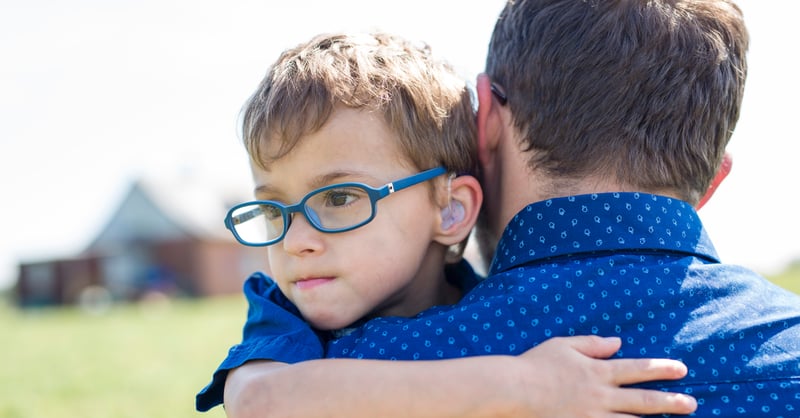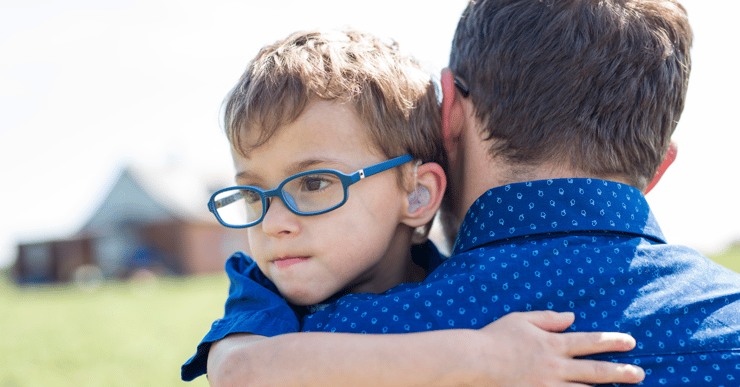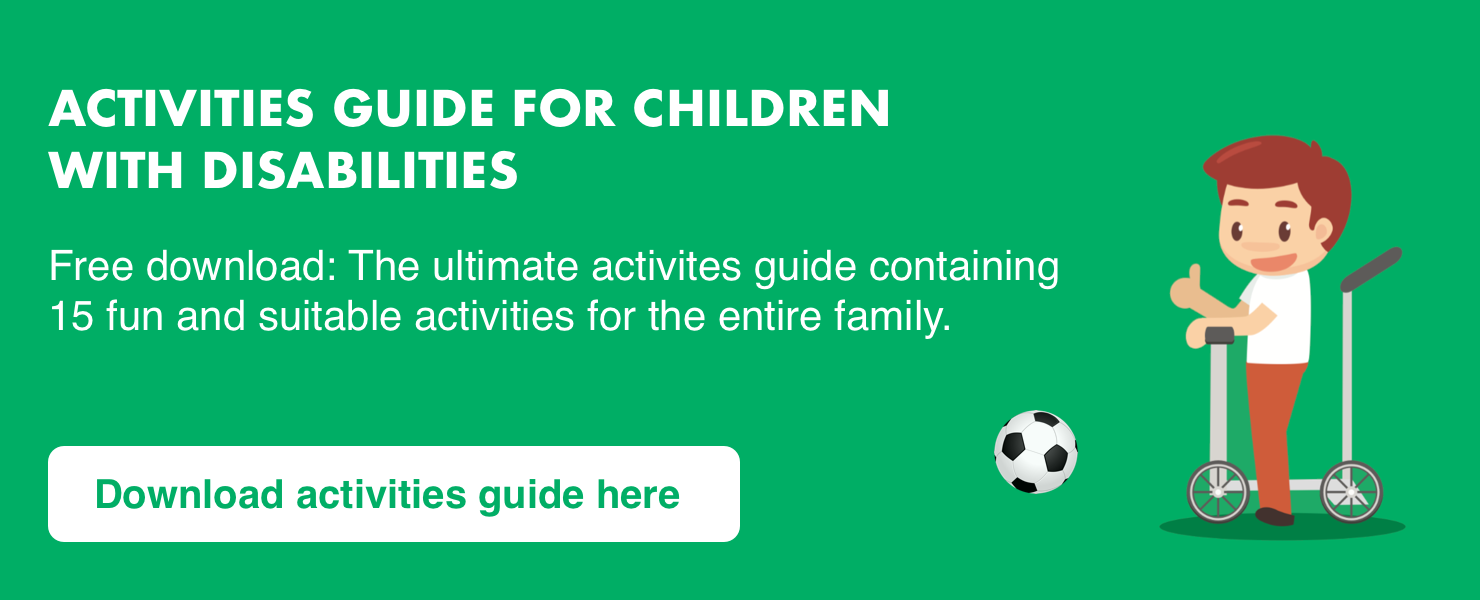What happens when the family becomes the expert?


We usually write about treatments or services that focus on a child or an individual, but in this article we’ll look at family-centred services, where the family as a whole is at the centre of attention.

What does it entail?
In family-centred services, the family is seen as being the expert on their own child. Service providers give help and guidance so the family can make informed decisions on their child’s care. As a physiotherapist, you can add family-centred strategies and approaches to your work, thus involving the family and child in planning and treatments.
CanChild’s own definition of family-centred services gives a little bit more context. They see the service as made up of a set of values, attitudes and approaches, where the family is regarded as unique and constant in a child’s life–essentially being the “real” expert on the child’s needs and abilities.
READ MORE: Why early intervention?
What does the research show?
A family-centred approach has shown to have several benefits. For children, the outcomes have shown to be mainly:
- Developmental gains and skill development. Among other things, children aquired new skills, accelerated their rate of motor development, and they achieved targeted goals.
- Better psychological adjustment. Among other things, children showed higher scores of function, role performance and self-worth.
For parents, the benefits have shown to be increased knowledge on their child’s development, a higher sense of control of their child’s situation and better psychological well-being.
These are just some of the outcomes for children and parents. Still, bear in mind that the research in this field is limited. Before you consider using this approach in your work, you might benefit from reading more about studies conducted in this field, and the associated results.
READ MORE: What is hydrotherapy?
How do you become more family-centred?
Ok, so you’re curious about family-centred services – perhaps you've even considered making your own work more family-centred.
First of all, consider that fact that what you and your organisation is doing today might have a family-centred approach already. Maybe you’re good at involving families in your work by asking what they want, and perhaps you’re doing a great job getting feedback from your clients.
Next, look at what barriers might prevent you from becoming more family-centred. Maybe parents are afraid of taking more responsibility–or they might even feel unprepared and unqualified for more involvement. In order to overcome such obstacles, you’ll have to apply policies and guidelines that can help you and your organisation to adapt a family-centred approach.
These include (but are not limited to):
- Showing that you’re committed to becoming more family-centred. This can be done through verbalizing the commitment in the organisation's mission or vision.
- Creating a family-centred culture by asking families to provide feedback for your services or work. You can also write brochures on the topic addressed directly to the families in a positive, encouraging manner.
- Providing more family-centred services by giving information families are asking for, and by making the family’s interaction with your organisation better through reduced wait lists.
How you choose to apply or implement a family-centred approach to your work, will of course depend on the nature of what you do. Seeing that the research is promising, but limited, it’s essential that whatever you choose to implement is rooted in research that you feel you can trust.
If you’re interested in reading more about how you can better involve families in your work, check out CanChild’s fact sheets on the topic.

Rikke Damkjær Moen brings many years of experience as clinical physiotherapist to the Made for Movement team. Her mission is to ensure that everybody, regardless of mobility problems, should be able to experience the joy and health benefits of physical activity. As our Medical Manager, Rikke is passionate about sharing knowledge so that individuals with special needs, families, and clinicians can discover the possibilities and solutions provided by Made for Movement.
The Innowalk Pro full-body movement trainer has been in daily use at the SRH Fachkrankenhaus Neresheim since June 2022. Learn all...
The studyincludedchildrenwith cerebral palsy GMFCS IV and V showedthatseveral hormonal and inflammatorybiomarkersaredysregulated in...
Children with physical disabilities who are unable to stand and move independently spend a lot of time in a sedentary position, and...
Hear from us from time to time and learn new things
